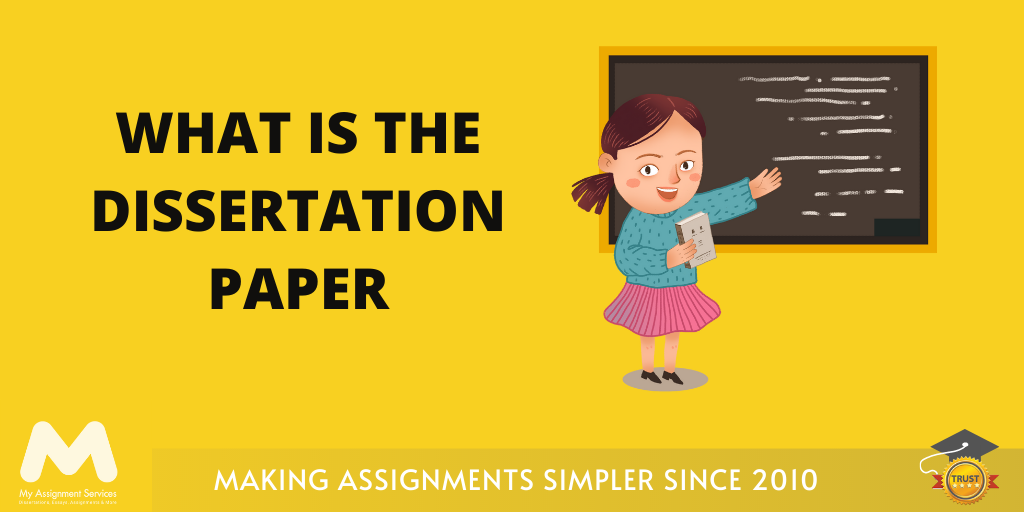
A dissertation paper is an academic paper that students write in order to get their undergraduate or graduate degree. A dissertation paper is typically around 100-200 pages long, and it is the most important piece of writing that a student will produce during their academic career.
There are three main components of a dissertation paper: the introduction, the body, and the conclusion. The introduction lays out the thesis statement and explains the purpose of the paper. The body is where you present your evidence to support your thesis statement. And the conclusion wraps up the paper by summarising your findings and restating your thesis statement.
According to the guidelines set by the American Psychological Association, a dissertation paper should be around 100-200 pages long. However, you may find that your particular topic warrants more or less space. Make sure to check with your professor to get their specific requirements.
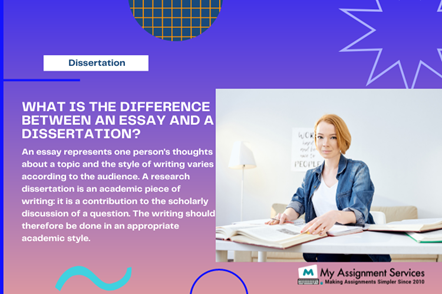
How do I Start Writing My Dissertation Paper?
The first step in writing your dissertation paper is to come up with a thesis statement. Your thesis statement should be a one-sentence paragraph that summarises the purpose and scope of your paper (for example, "This paper will examine whether violent video games contribute to youth violence"). Once you have your thesis statement, it's time to do some research!
The next step is to select a topic, gather relevant sources, and analyse the data. Once you have your analysis done, it's time to write! Writing a dissertation paper usually follows this pattern:
1) Collect research materials
2) Analyse & synthesise data
3) Write the first draft of the introduction & literature review
4) Write the first draft of the thesis statement
5) Revise the paper by adding more evidence from the source material
6) Rewrite intro & lit rev with new evidence added
7) Write the first draft of body paragraphs
8) Repeat steps 5-7 until you have a polished draft that can be submitted for feedback
What is the Difference Between a Dissertation and a Thesis?
A thesis is a shorter, more focused paper that students write in order to qualify for their undergraduate degree. A dissertation is a longer, more comprehensive paper that students write in order to obtain their graduate degree. Both papers are important, but the dissertation is typically seen as more important since it is the culmination of a student's academic career.
Who Will Read My Dissertation Paper?
Your professor will evaluate your dissertation paper, who will then grade it according to their own subjective criteria. The entire dissertation committee must approve the paper before you can obtain your degree.
What is the Difference Between A Master's Thesis And A Master's Dissertation?
A master's thesis is typically shorter than a master's dissertation, which makes sense since it is meant to be written in one school year while a dissertation has no set length limit. A master's thesis also requires less research than a doctoral dissertation because students are expected to conduct all of their own primary & secondary research for this type of work, whereas doctoral students often rely on existing scholarly works that they summarise and synthesise. However, both papers are important milestones in graduate-level education, and both require critical thinking skills, in-depth analysis, and well-constructed arguments.
What is the Purpose of a Dissertation?
The purpose of a dissertation paper is to present new ideas that contribute to existing scholarly knowledge in your field of study. A dissertation also shows that you are able to conduct more extensive research than an undergraduate thesis requires since you will need to find, read, analyse, synthesise, and reference more material than your professor expects for this kind of work. Since doctoral students typically specialise in one particular subfield rather than studying multiple topics at once as an undergraduate student would do during their studies, they must be able to clearly articulate how their own research topic contributes to the knowledge base of their field.
Mistakes to be avoided While Writing The Dissertation Paper
A few common mistakes students make when writing their dissertation papers. Here are the most common ones:
1) Failing to follow the professor's instructions
2) Not citing sources correctly
3) Writing a thesis that is too vague or unsubstantiated
4) Struggling to find a topic that is both interesting and relevant
5) Becoming overwhelmed and giving up on the project
6) Trying to do too much research in too little time
7) Letting personal biases interfere with the analysis of data
8) Relying too heavily on secondary sources rather than conducting original research
9) Not proofreading the final paper carefully enough before submission.
By avoiding these common mistakes, students can make sure that their dissertation papers are of the highest quality.
How do I Format my Dissertation Paper?
According to the educators who provide dissertation writing service, there is no set format for dissertations, but most professors will expect you to use APA style. Make sure to check with your professor for specific instructions. Generally, dissertations will have the following parts:
- An abstract (two to three paragraphs summarising the key points of the paper)
- An introduction that includes a thesis statement and literature review (paragraphs explaining what other scholars in your field have written about the topic, why their conclusions are flawed, and how you plan to challenge existing theories with your own)
- In-text citations throughout the body of the paper
- A conclusion that restates the thesis statement while summarising all key points from previous sections of your paper
- A list of references in APA format at the end of the dissertation where you include any sources that were not cited within each section of your paper. You can also include an appendix with any data that you collected during your research. If you are not familiar with APA style, there are many resources available online that can help you.
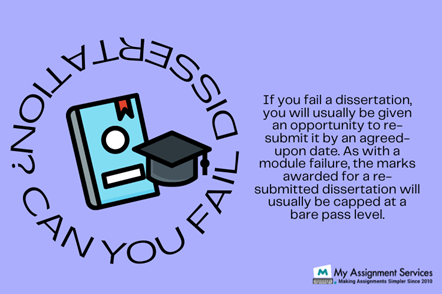
Example of Dissertation Paper
Here is an dissertation paper example that follows the guidelines outlined above:
Abstract
This paper examines the effects of standardised testing on student achievement. The literature review discusses how standardised tests have been used to measure student achievement over the years and the pros and cons of using these tests. The thesis argues that while standardised tests can be useful tools for measuring student achievement, they are not always accurate academic ability or success measures. The conclusion provides recommendations for how standardised tests can be improved so that they provide a more accurate assessment of student achievement.
Introduction
The use of standardised tests to measure student achievement has been a topic of debate for many years. On the one hand, these tests are seen as reliable and valid measures of academic ability. On the other hand, there is growing concern that these tests are not always an accurate reflection of student achievement. This paper will explore both sides of this debate and come to a conclusion about the use of standardised tests in schools.
The first part of the introduction will provide a brief overview of the history of standardised testing. This section will discuss how these tests were first developed and how they have been used over the years to measure student achievement. The second part of the introduction will present the argument in favour of using standardised tests. This section will discuss the benefits of using these tests, such as measuring academic ability and tracking student progress over time. A third of the introduction will present the argument against using standardised tests. This section will discuss the weaknesses of standardised tests, such as the fact that they can be biased against certain students and are not always accurate measures of academic ability.
The conclusion of this paper will synthesise the information from the previous sections and provide a final argument about the use of standardised tests in schools. This section will summarise the pros and cons of using these tests and offer recommendations for improving them.
Body
The body of this paper will present evidence to support the arguments made in the introduction. The first section will discuss the benefits of using standardised tests. This section will include research studies showing how these tests can measure academic ability and track student progress over time. The second section will discuss the weaknesses of standardised tests. This section will include research studies that show how these tests can be biased against certain students and are not always accurate measures of academic ability.
Conclusion
In conclusion, standardised tests have both benefits and weaknesses. They are reliable and valid measures of academic ability, but they can also be biased against certain students and are not always accurate measures of academic success. The conclusion of this paper provides recommendations for how standardised tests can be improved so that they provide a more accurate assessment of student achievement.
References
American Psychological Association. (2010). Publication manual of the American Psychological Association (6th ed.). Washington, DC: Author.
Bandura, A. (1997). Self-efficacy: The exercise of control. New York, NY: W. H. Freeman and Company.
Borman, G. D., & Overman, L. T. (Eds.). (2005). Standardised testing in education research, practice, and policy (IAP Series on Education). Mahwah, NJ: Lawrence Erlbaum Associates Publishers.
Joint Committee on Testing Practices of the American Educational Research Association, American Psychological Association, & National Council on Measurement in Education. (1995). Standards for educational and psychological testing. Washington DC.: American Educational Research Association
McMillan, J.(2014) ''A test is only as good as what you use it for''. Retrieved from http://www2.edweek.org/
How to Get Help for Your Next Dissertation Paper?
If you are struggling to come up with a topic for your dissertation paper, consider taking the dissertation writing service for individualised online sessions. Mentors at My Assignment Services will assist you in brainstorming ideas or suggesting specific topics that you could focus on. However, it is important to remember that the final decision about what to write about rests with you, and you should choose a topic that genuinely interests you and that you feel passionate about writing about.
Moreover, just be clear about what you need to write. Ask for help or assistance if you feel stuck somewhere. The online guided sessions can help a lot in terms of making you out of complex challenges. So hurry up and put all your queries below and let the mentors solve them for you!
Related Study Materials
Our Experts can answer your Assignment questions instantly.
Ask Question0 Comment
Get It Done! Today
1,212,718Orders
4.9/5Rating
5,063Experts





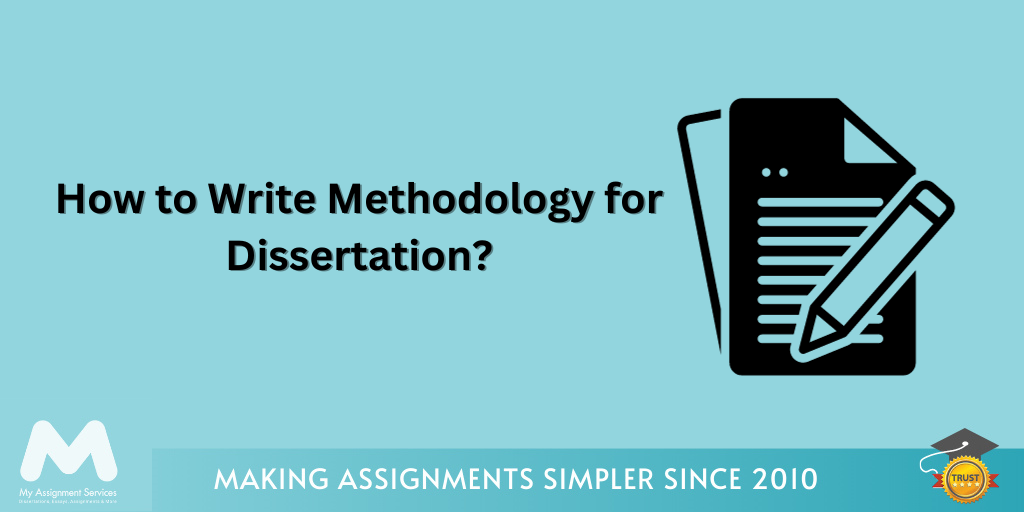
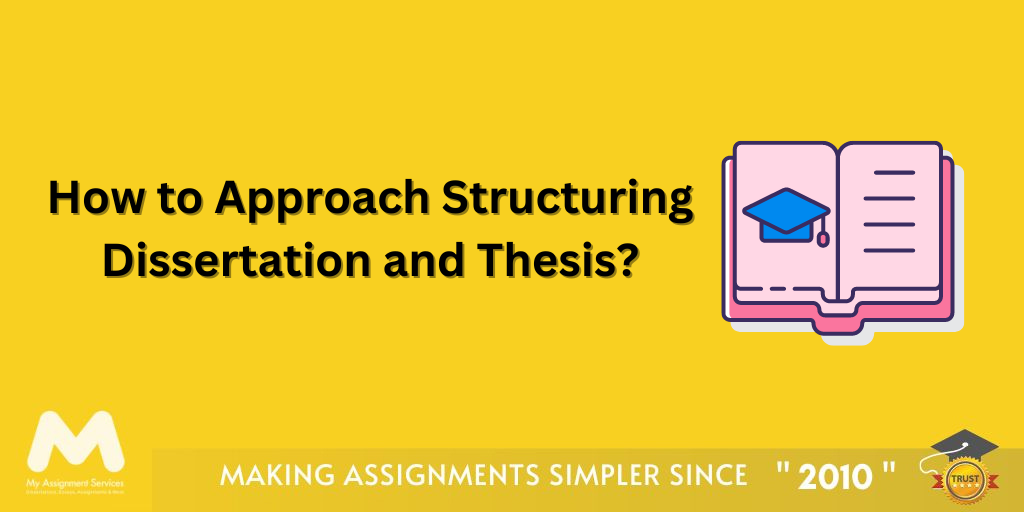
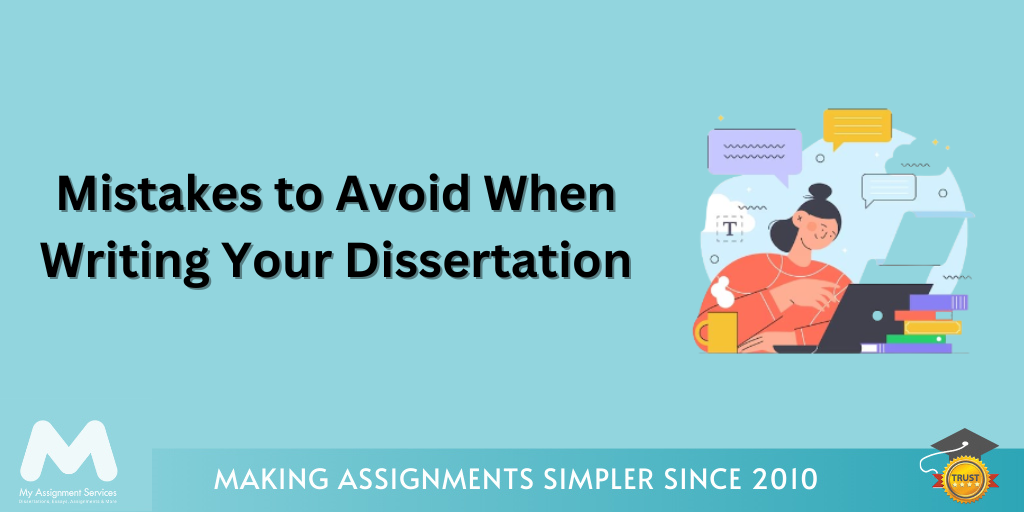





Loved reading this Blog? Share your valuable thoughts in the comment section.
Add comment